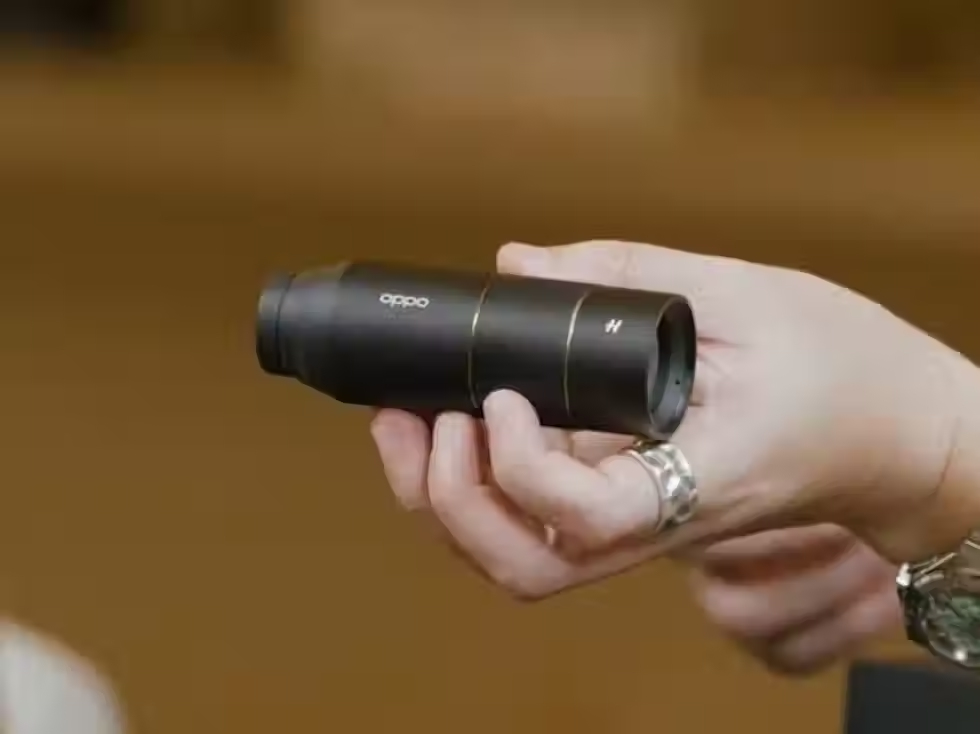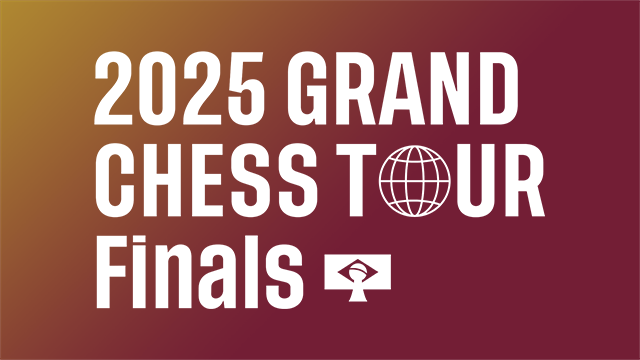AI Art Generators: How They Work & Best Practices for Stunning Creations
- Abhinand PS
.jpg/v1/fill/w_320,h_320/file.jpg)
- Feb 19
- 2 min read
AI Art Generators: How They Work & Best Practices for Stunning Creations
Introduction
AI art generators have revolutionized digital creativity, enabling users to create stunning artwork with just a few words. Understanding how these tools function and optimizing their usage is crucial for achieving high-quality results. This guide explores how AI art generators work, their accuracy, and best practices for enhancing AI-generated artwork.

Key Topics Covered:
What are AI art generators?
How do they work?
Best practices for high-quality AI-generated art
Ethical considerations and limitations
FAQs
What Are AI Art Generators?
AI art generators are deep-learning models that produce unique digital artworks based on text prompts or reference images. These tools use neural networks to create high-resolution visuals that mimic various artistic styles.
Popular AI Art Generators:
DALL·E – Developed by OpenAI, known for its artistic and surreal compositions.
Stable Diffusion – Open-source, highly customizable AI art tool.
MidJourney – Popular for generating aesthetic and painterly artwork.
How AI Art Generators Work
AI art generators rely on advanced machine learning models trained on vast datasets of artwork and text descriptions. Key techniques include:
Diffusion Models – Convert random noise into detailed images through stepwise refinement.
GANs (Generative Adversarial Networks) – Utilize competing networks (generator and discriminator) to refine artwork.
CLIP (Contrastive Language–Image Pretraining) – Aligns images with text descriptions for better understanding of prompts.
Accuracy & Limitations
AI Art Generator | Strengths | Limitations |
DALL·E | Detailed, artistic compositions | Struggles with complex multi-object prompts |
Stable Diffusion | Customizable, open-source | Requires technical knowledge for advanced use |
MidJourney | Aesthetic, painterly visuals | Limited control over fine details |
While AI art generators are powerful, they sometimes misinterpret prompts or struggle with intricate designs.
Best Practices for High-Quality AI Art
To maximize AI-generated art quality, follow these guidelines:
1. Refine Your Prompts
Use descriptive, specific language.
Experiment with different adjectives and artistic styles (e.g., "oil painting," "cyberpunk").
Include details like lighting, perspective, and mood.
2. Optimize Resolution and Aspect Ratios
Choose higher resolutions for professional use.
Adjust aspect ratios based on the intended platform (e.g., social media, prints).
3. Post-Process AI Art
Use editing tools like Photoshop or GIMP to refine details.
Adjust colors, remove artifacts, and enhance sharpness.
Ethical Considerations
When using AI-generated art, ethical responsibility is essential:
Copyright Concerns – Ensure AI-generated images do not replicate copyrighted artworks.
Avoid Misinformation – Do not use AI art to create misleading or deceptive visuals.
Transparency – Disclose when AI-generated art is used in professional or commercial contexts.
Frequently Asked Questions (FAQs)
Q1: Can AI-generated art be used commercially? Yes, but always review licensing terms for each AI tool.
Q2: How can I improve the quality of AI-generated artwork? Use detailed prompts and refine images through post-processing.
Q3: Are AI art generators free? Some offer free tiers, but high-quality results often require a subscription.
By understanding AI art generators and applying best practices, users can unlock limitless creative possibilities while maintaining ethical integrity. AI-powered art generation offers a new frontier for digital expression, making creativity more accessible than ever.



Comments